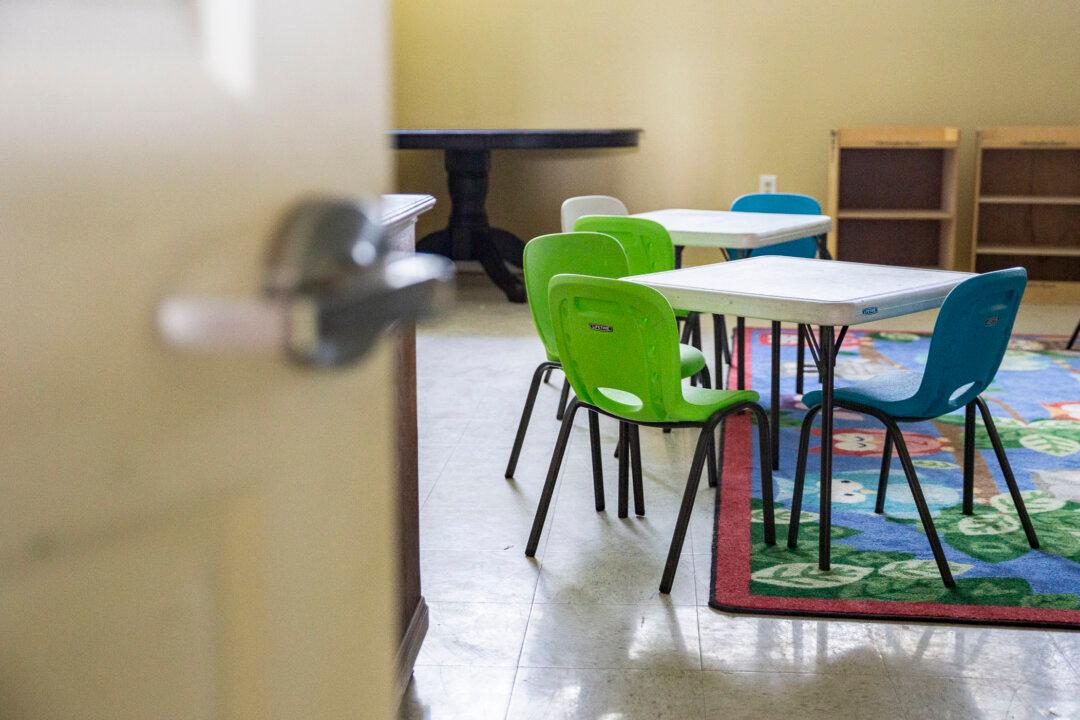Commentary
Canadian writer Grant Allen once lamented, “What a misfortune it is that we should thus be compelled to let our boys’ schooling interfere with their education!” These words, often attributed to Mark Twain, encapsulate a sentiment that education transcends the walls of a schoolhouse, echoing the belief that learning should not be confined to a classroom.





